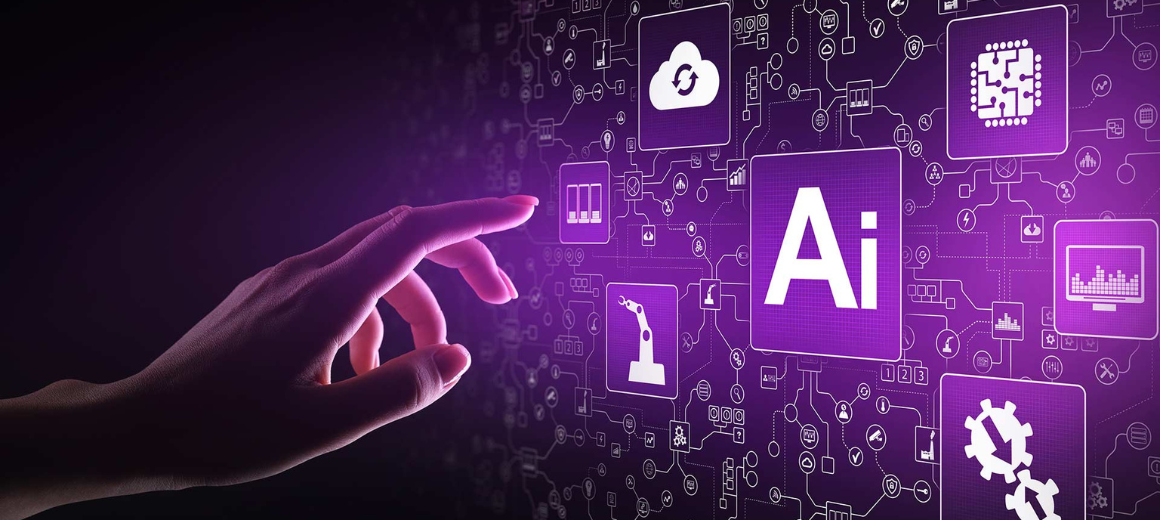
How AI is Reshaping the Future of SEO
In the ever-evolving landscape of digital marketing, Search Engine Optimization (SEO) stands as a cornerstone for businesses striving to increase their online presence. As technology advances, so do the strategies and tools utilized in the realm of SEO. One of the most significant technological advancements transforming SEO practices is Artificial Intelligence (AI). The powerful combination is revolutionizing how websites are optimized and ranked in search engines result pages. (SERPs). Let’s dive into the relationship between AI and SEO, and how it’s shaping the future.
Understanding AI in SEO:
Artificial Intelligence refers to the simulation of human intelligence in machines programmed to mimic cognitive functions such as learning and problem-solving. In the context of SEO, AI algorithms analyze vast amounts of data, identify patterns, and make predictions to enhance website performance and visibility.
The Role of AI in SEO:
- Content Optimization: AI-driven tools like natural language processing (NLP) algorithms help marketers understand user intent and create high-quality, relevant content. These tools analyze user behavior, search trends, and competitor data to optimize keywords, structure content, and improve readability.
- Predictive Analysis: AI-powered predictive analytics forecast future trends and consumer behavior, enabling marketers to anticipate shifts in demand, adapt strategies, and stay ahead of the competition. This data-driven approach ensures that SEO efforts align with evolving market dynamics and user expectation.
- Voice Search Optimization: With the rising popularity of voice-enabled devices, AI plays a crucial role in optimizing websites for voice search queries. AI algorithms understand natural language patterns, conversational queries, and local dialects, helping businesses rank for voice search results and capture voice-based traffic.
- Automated SEO Tasks: AI automates repetitive SEO tasks such as keyword research, rank tracking, and link building, saving time and resources for marketers. By streamlining these processes, AI allows professionals to focus on strategic initiatives and creative endeavors to drive long-term growth.
The Future of AI-Driven SEO:
As AI continues to evolve, its impact on SEO will become more profound. Here are some trends shaping the future of AI-driven SEO:
- Advanced Machine Learning Algorithms: AI algorithms will become more sophisticated, leveraging machine learning techniques to adapt and learn from new data continuously. This adaptability will enable more accurate predictions and personalized recommendations for enhanced SEO performance.
- Visual Search Optimization: AI-powered visual search engines will enable users to search for products and information using images rather than text. Marketers will need to optimize visual content, such as images and videos, to enhance visibility in visual search results.
Augmented Reality (AR) and Virtual Reality (VR): AR and VR technologies will create new opportunities for immersive shopping experiences. AI algorithms will optimize AR and VR content for search engines, enabling businesses to leverage these technologies for SEO and customer engagement.
- Natural Language Processing (NLP) Advancements: NLP algorithms will become more adept at understanding context, semantics, and user intent, leading to more accurate search results and personalized recommendations.
Conclusion:
The integration of AI and SEO represents a shift in digital marketing, empowering businesses to unlock new levels of visibility, engagement, and revenue. By adapting to AI-driven tools and strategies, marketers can stay ahead of the curve, adapt to changing consumer behavior, and drive sustainable growth in an increasingly competitive landscape. As AI continues to evolve, its impact on SEO will change the approach to online marketing and propel businesses towards greater success in the digital age.
